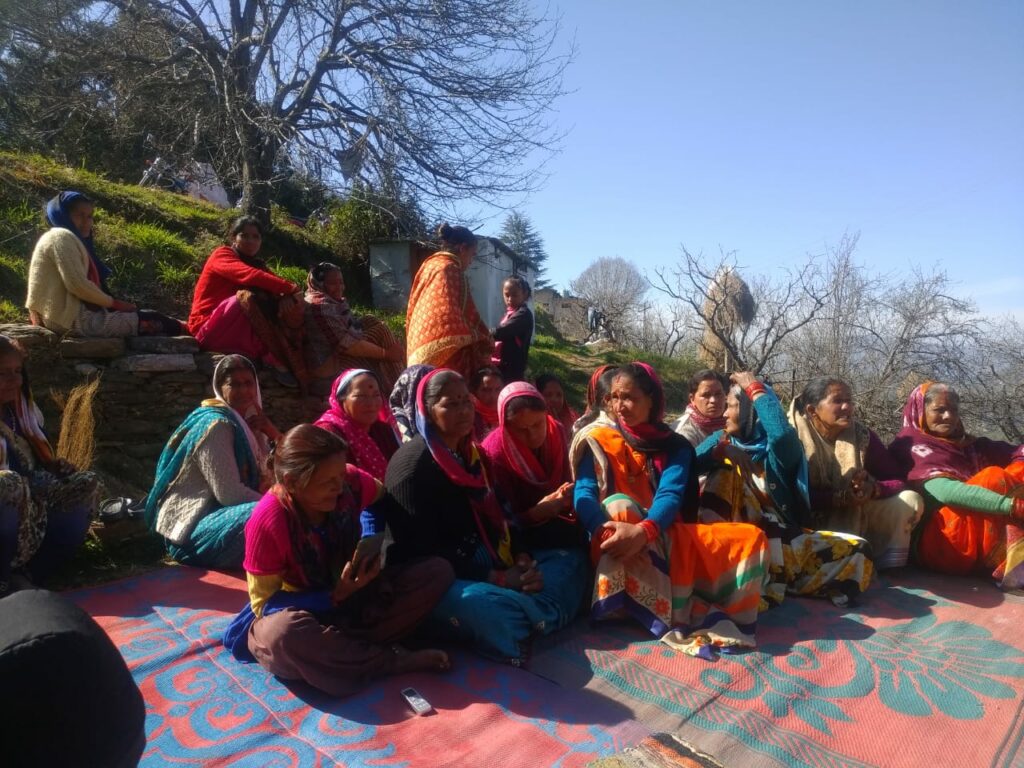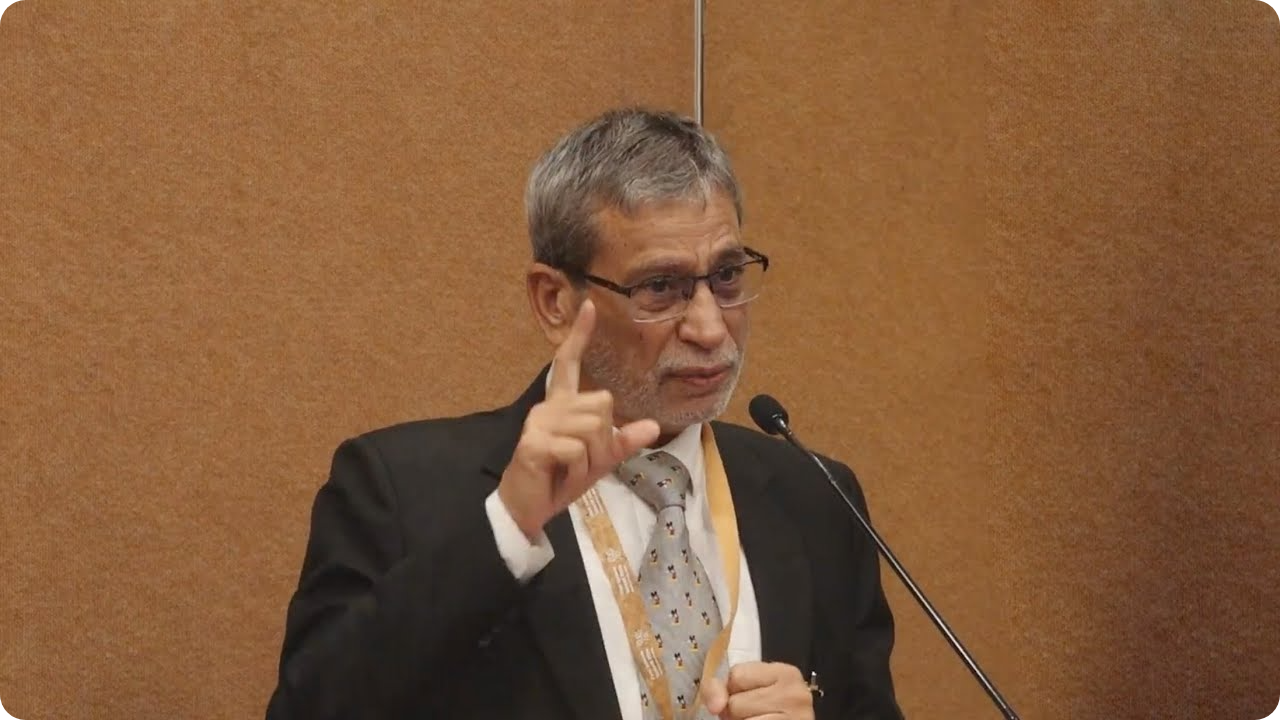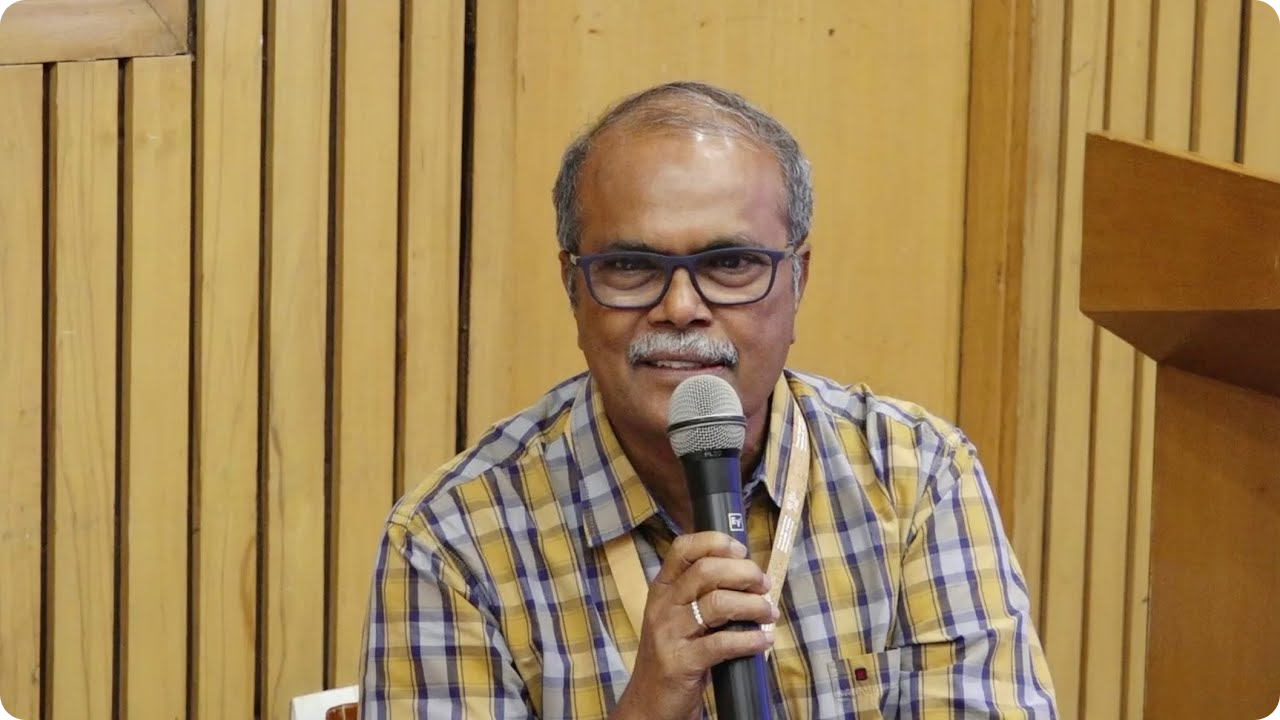This is the first entry in a collection of field commentaries by FOLU India.
Nestled in the Himalayan state of Uttarakhand, the local community of Mukteshwar faces several challenges when it comes to the production and consumption of local food. This is mainly due to limited resources and infrastructure, but the fragile ecosystem surrounding the region adds further pressure. The area is prone to frequent landslides during the rainy season, and villages remain snowbound in winter.
With the intention of supporting the region to create a more sustainable food system, FOLU India has launched the initiative ‘Striving for Advancement in Health and Improved Quality of Life through Entrepreneurship and Education’, also known as Project SAHeLEE. Through SAHeLEE, the aim is to improve the consumption of safe and nutritious food from locally grown grains, seeds, nuts, and fruits. The project is based on three interlinked strategic objectives:
1. Increase the availability of nutritious foods
2. Improve consumption of nutritious food
3. Introduce clean cooking techniques
As we establish networks of regional partners in Mukteshwar, we intend to create local solutions to malnutrition by improving access to food that is sustainably grown, produced, and processed, such as through school feeding programmes and other state-level initiatives.
Generally, the processing of food leads to pollution and Greenhouse Gas emissions, both upstream and downstream of food supply chains. Hence, our mantra for achieving a sustainable food system in the region will be to minimize this negative impact on the environment, especially with respect to carbon and water, by promoting the adoption of clean cooking fuel, deploying solar energy, water recycling, and converting food waste into animal and poultry feed. We are hoping that these sustainable interventions will inspire others along the supply chain, such as large food corporations, to support the upscaling.

Towards this end, we are building alliances among state government departments, local farmers, and women-led micro-enterprises to improve access to micro-credits, enhance the availability of micronutrient–rich products and their market demand. Engagement at multiple levels of governance will further guide, shape and influence policymaking and advance nutrition-based resilience in the local community of Mukteshwar.
Our first step is to create demonstration projects, providing the community members with an opportunity to learn in real-time. This will allow stakeholders to identify impacts, approaches and solutions that can be scaled up or improved. An important expected outcome of this initiative would be to create resilient farming communities in Mukteshwar engaged in the local food supply chain by providing technical support and upskilling them on various aspects of sustainable food production and consumption.
Learn more about FOLU India’s efforts to create awareness and engage participation from the different stakeholders within the community in our second field update.
Authors: Meena Sehgal, Fmr Senior Fellow, The Energy and Resources Institute (TERI) and Vidhu Gupta, Fmr Associate Fellow, TERI. TERI is a FOLU India core partner
Read the full compilation of field commentaries by FOLU India here.




